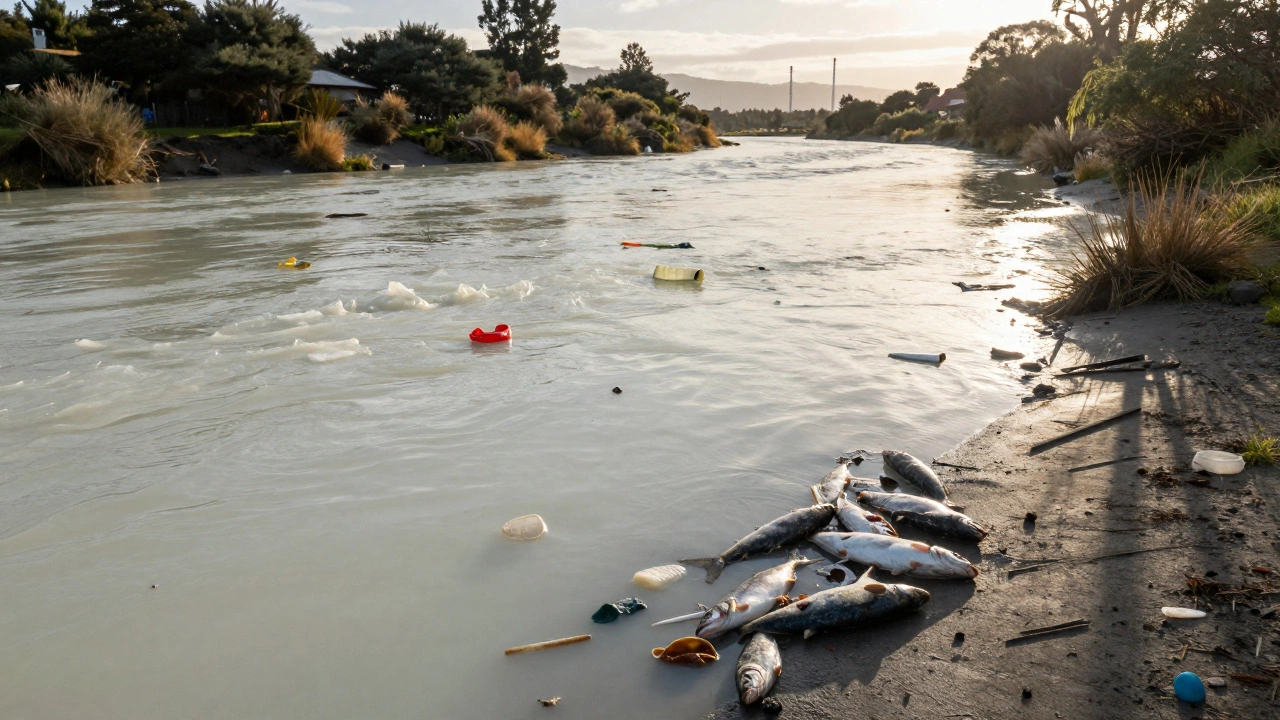Pollution in India – What’s Happening and How Charities Are Making a Difference
Every day you can see smoke from traffic, plastic waste on the streets, and strange smells near factories. Those signs mean the air, water, and soil are under pressure, and the health of millions is at stake. If you’re wondering why it matters right now, think of a child coughing on a school bus or a farmer losing crops because the river is contaminated. Pollution isn’t a distant problem; it’s in our kitchens, schools, and workplaces.
The Real Cost of Pollution in Everyday Life
First, air pollution is the biggest killer in India, responsible for millions of premature deaths each year. Tiny particles slip into lungs, worsen asthma, and even raise the risk of heart disease. Water pollution is just as alarming – many villages rely on rivers that have become dumping grounds for industrial waste. When you boil water that’s full of chemicals, you’re still exposing yourself to hidden toxins.
Beyond health, pollution hits the economy. A study by the World Bank showed that lost productivity from polluted air costs India over $30 billion annually. Farmers see lower yields when soil quality drops, and tourism suffers when natural spots look dirty. In short, pollution drains money, lives, and hope.
Charitable Actions That Actually Reduce Pollution
Good news: many charities are stepping up with clear, hands‑on projects. For example, the “Best Environmental Charities” guide (2025) lists groups that run tree‑planting drives, clean‑up campaigns, and renewable energy workshops. These NGOs don’t just talk; they provide volunteers with gloves, bags, and simple tools to clear plastic from riverbanks.
Another effective approach is “pollution control education.” Nonprofits teach school kids how to sort waste, why carpooling matters, and how to spot illegal dumping. When a community knows the impact of a single plastic bottle, they’re more likely to recycle it. Some charities even partner with local businesses to install water filtration units, cutting down on the need for bottled water and reducing plastic waste.
If you want to help, start small. Join a local clean‑up event – you’ll meet people who share the same concern and learn the best spots to target. Donate to organizations that publish transparent impact reports; you’ll see exactly how your money helps plant trees, monitor air quality, or fund renewable energy kits for schools.
Remember, every action adds up. One family switching to a fuel‑efficient stove reduces indoor smoke, which in turn eases the burden on the local health clinic. When charities scale these tiny wins, the cumulative effect can lower national pollution levels over time.
So, what can you do today? First, check your daily habits: walk or bike when you can, waste less plastic, and support local farmers who use sustainable practices. Second, look up the top-rated environmental charities on our site and consider giving time or money. Finally, spread the word – a simple conversation with a neighbor about clean water can spark a community effort.Pollution may feel overwhelming, but with clear information and real‑world charity projects, you can be part of the solution. The next time you see smog over the city, know that there are people working behind the scenes to clean the air, and you can join them right now.
What Are the Three Main Environmental Problem Groups?
The three main environmental problem groups are pollution, climate change, and biodiversity loss. These issues are deeply connected and threaten ecosystems, health, and food security worldwide. Understanding them is the first step to meaningful action.
Read MoreEnvironmental Factors That Trigger Mental Illness: Causes and Solutions
Explore how real-life environmental factors — from pollution to social stress — can spark mental illness, and discover actionable steps to protect your mental health.
Read More
